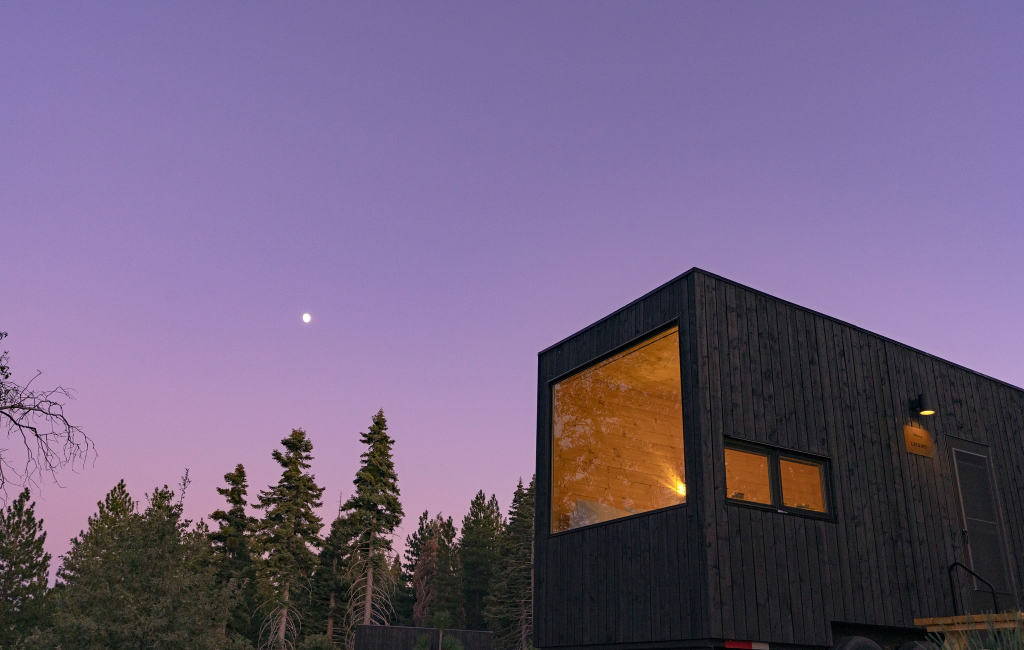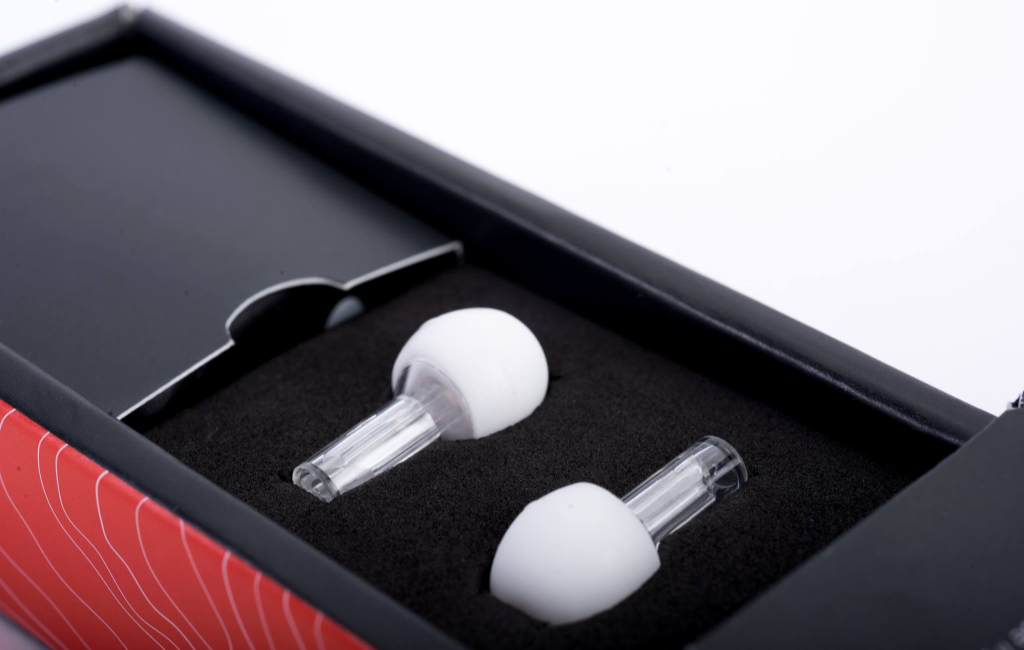Popup Play – Design and Build a Playhouse
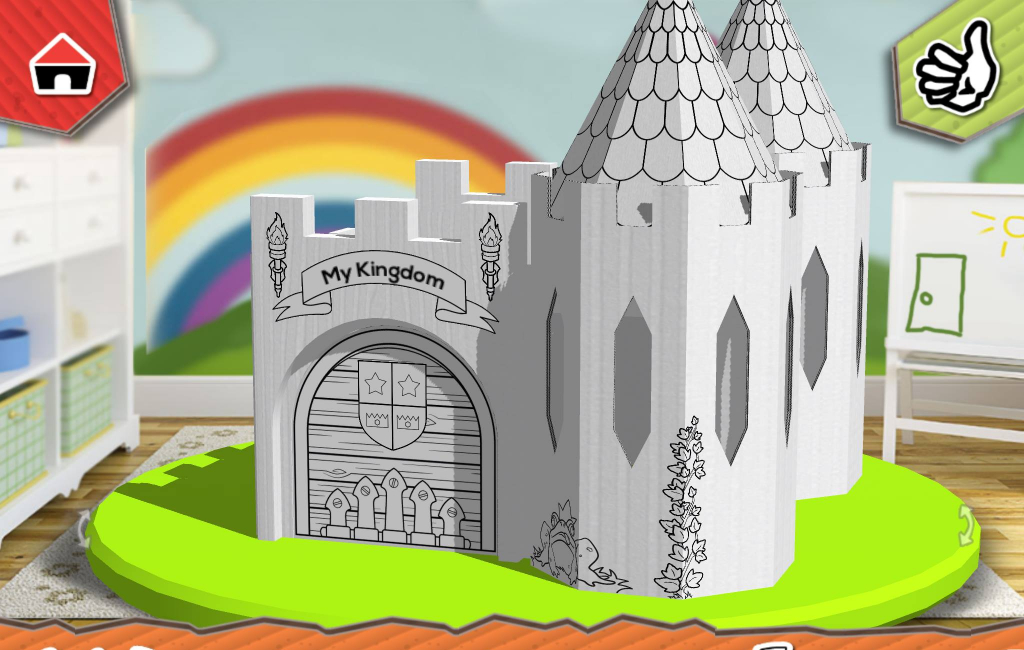

DEAL
EPISODE SUMMARY
🕓 Air Date: January 27, 2017
Asking For:
$250,000 for 6%
Investor:
Chris Sacca
Deal:
$250,000 for 8%
PRODUCT SUMMARY
Pop Up Play combines modern technology with timeless play by allowing kids to design and create custom play structures using a tablet, with the final product delivered to their doorstep.
WATCH HERE
IN A RUSH?
Click these to jump to the section you want to read.
Background Story
Pop Up Play, a creative venture founded by Amelia Cosgrove and Bryan Thomas, is rooted in the nostalgia of childhood and a desire to bring back the joy of imaginative play. Hailing from the vibrant city of Austin, Texas, the co-founders share a passion for merging modern technology with the timeless essence of childhood play. Amelia and Bryan’s journey began with their own cherished memories of creating toys during their formative years.
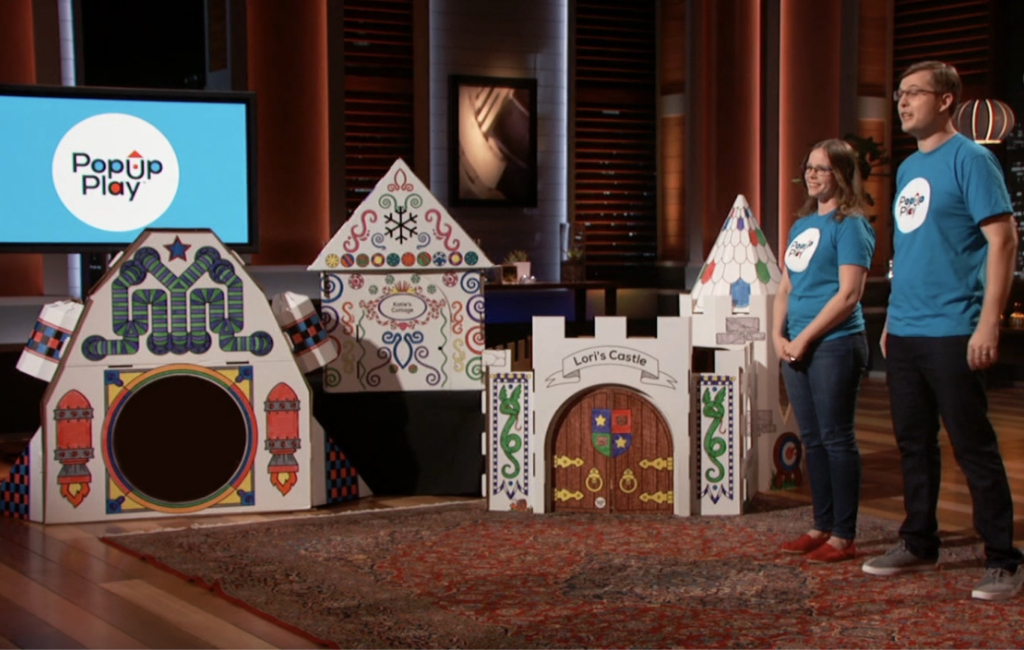
Recognizing a shift in contemporary play habits, where children were increasingly engrossed in screen-based activities rather than actively crafting their play experiences, the duo envisioned a way to reintroduce the magic of hands-on creativity. The genesis of Pop Up Play lies in their realization that the experiences they treasured as children were becoming rare in the digital age. They set out to blend the best of both worlds – leveraging modern technology to facilitate creative play. The result was the Pop Up Play Build Lab, a platform where children could design their play structures on a tablet.
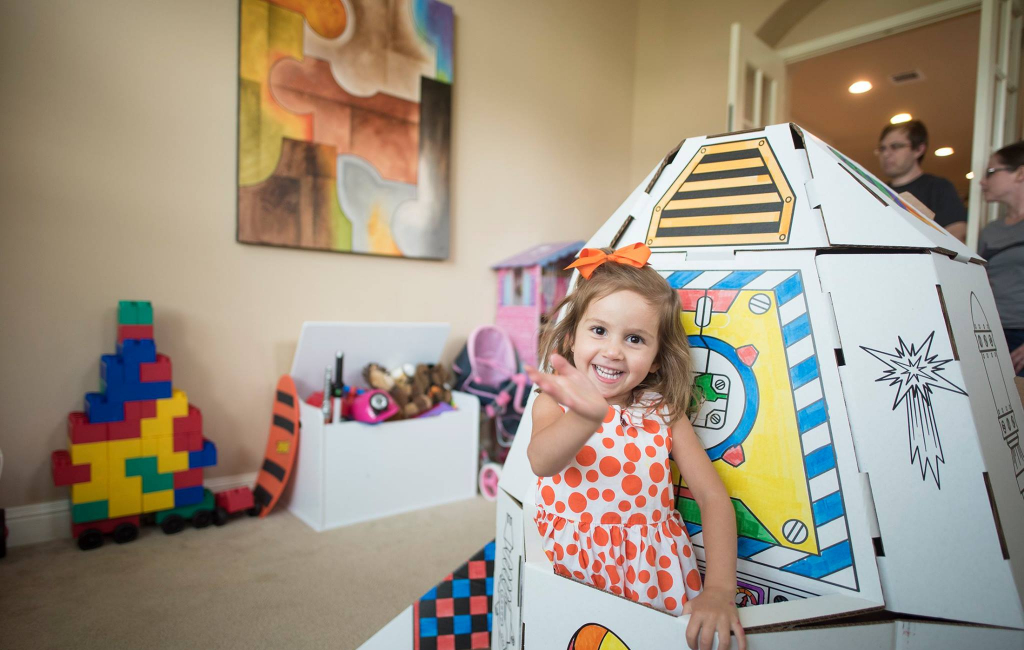
The co-founders, who happen to be a married couple without children of their own, affectionately refer to Pop Up Play as their “baby.” The company’s roots in personal experience and a commitment to reviving the spirit of imaginative play drove them to create a product that allows children to design, decorate, and physically interact with their own custom-made play structures. The journey reflects not just a business endeavor but a mission to redefine how children engage with play, bringing back the joy of creation in a digital era.
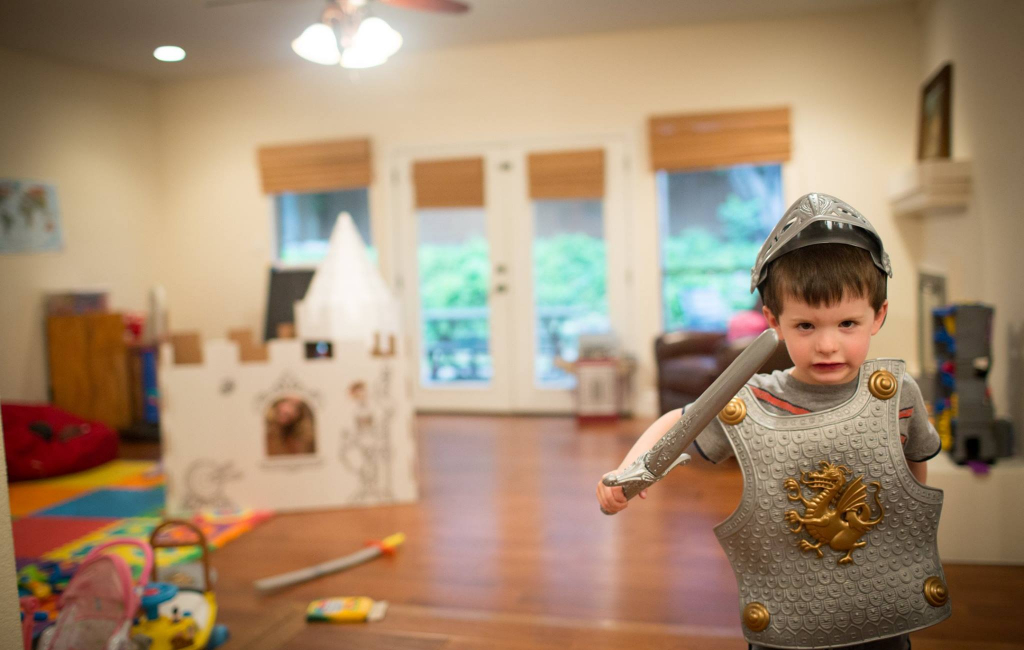
The Product
Pop Up Play introduces a revolutionary product that seamlessly blends technology and hands-on creativity to redefine children’s play experiences. At the heart of their offering is the Pop Up Play Build Lab, a software platform that engages kids in the design and creation of their custom play structures.
The process begins on a tablet, where children choose from an array of options such as rocket ships, castles, or gingerbread houses. They then strategically place structural components like towers and doors and add personal touches with large-scale graphics. With a simple press of a button, their virtual creation transforms into a tangible, life-size play structure delivered to their doorstep within a few days.
Priced at a flat $99 per order, plus a $10 shipping fee, Pop Up Play offers an affordable and engaging solution for parents seeking to provide their children with a unique and personalized play experience. The product’s versatility extends beyond traditional toys, as the software can be used to design structures using various materials such as sheet metal, wood, and fabric.
The benefits are twofold – children get to actively participate in the creation of their play environment, fostering creativity, while parents appreciate the ease and convenience of the process. Pop Up Play has successfully garnered attention not only from individual consumers but also from major brands. With over 75 companies in the partnership pipeline, the product’s potential extends to collaborative ventures with globally recognized entities.
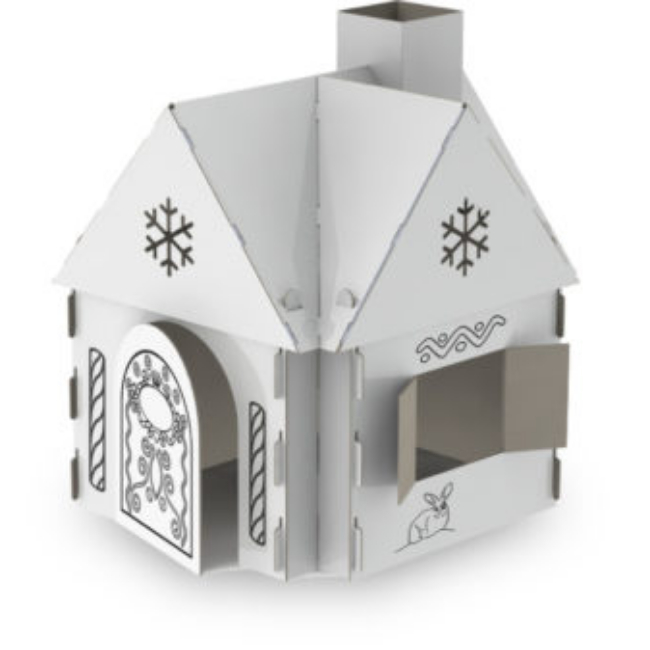
How It Went
The company’s position before Shark Tank
Pop Up Play’s performance reflects a mix of promising partnerships and challenges. Over the past 11 months, the company has achieved a revenue of $330,000, with a substantial portion attributed to a significant deal with one of the world’s largest automakers, valued at $300,000. This partnership showcases the company’s ability to secure collaborations with major players, indicating a strong potential for market presence and growth.
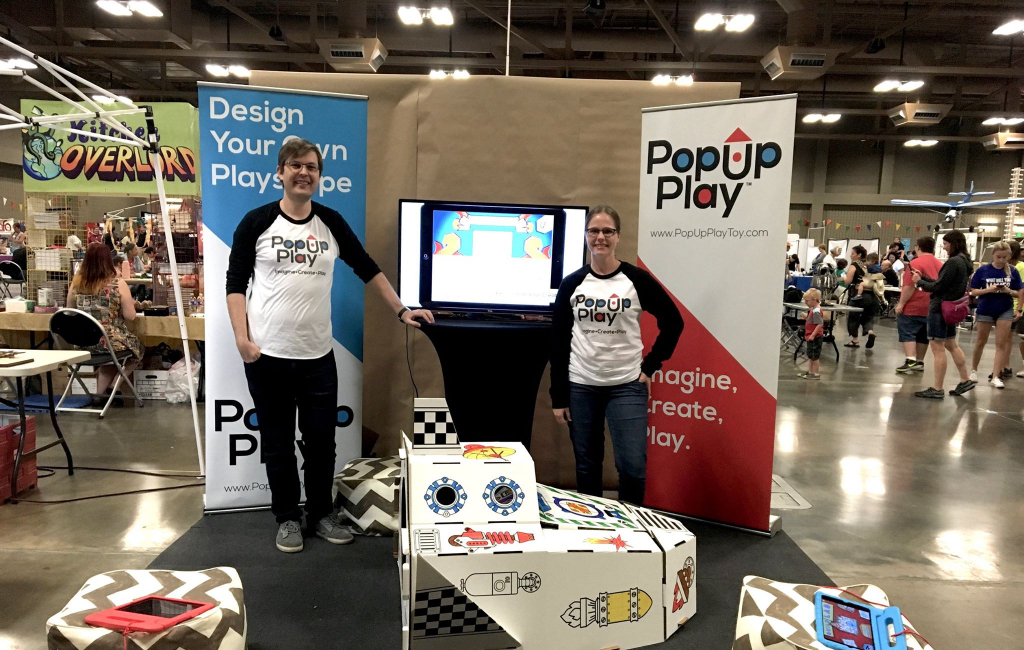
However, a noteworthy concern emerges as the bulk of the revenue comes from a single source, raising questions about the company’s sustainability and diversity in income streams. This becomes apparent in the revelation that, outside of the major automaker deal, only $30,000 in sales have been generated, indicating a heavy reliance on a specific client. Pop Up Play’s customer acquisition strategy involves downloads of their app, totaling approximately 2,100. The founders disclosed spending $15,000 on advertising to drive these downloads. Additionally, a Kickstarter campaign conducted in May contributed to the company’s customer acquisition efforts.
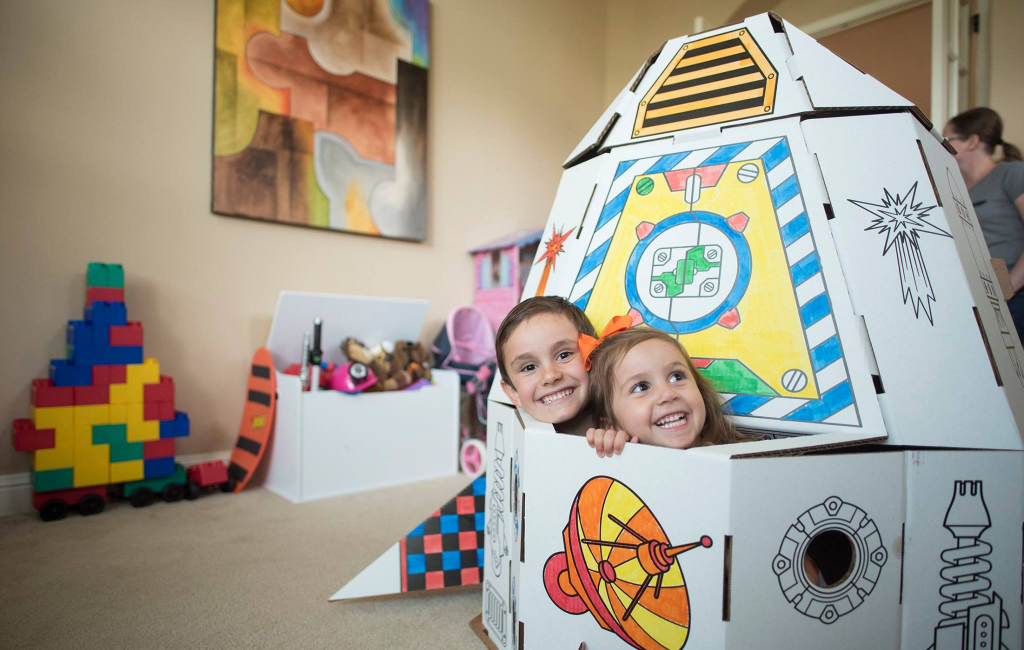
The company’s funding has come from various sources, with a total of $325,000 raised from investors such as Techstars, Capital Factory, Silverton Partners, and Floodgate. This funding was secured at a $3 million valuation, reflecting confidence from these investors in Pop Up Play’s potential. The current structure of the company has seen a pivot from direct consumer sales to a focus on brand partnerships, with over 75 companies in the pipeline. This strategic shift aligns with Pop Up Play’s aim to position itself as a go-to-market platform for major brands looking to engage with children and families.
The Negotiations:
The negotiations for Pop Up Play in the “Shark Tank” episode were marked by a mix of enthusiasm, skepticism, and strategic considerations from the Sharks. The founders, Amelia Cosgrove and Bryan Thomas, initially sought $250,000 in exchange for 6% of their company. The Sharks were intrigued by the concept but raised valid concerns about the company’s performance, particularly its heavy reliance on a single major automaker for the majority of its revenue. Several Sharks, including Kevin O’Leary, Lori Greiner, and Mark Cuban, expressed reservations about the business’s viability and scalability.
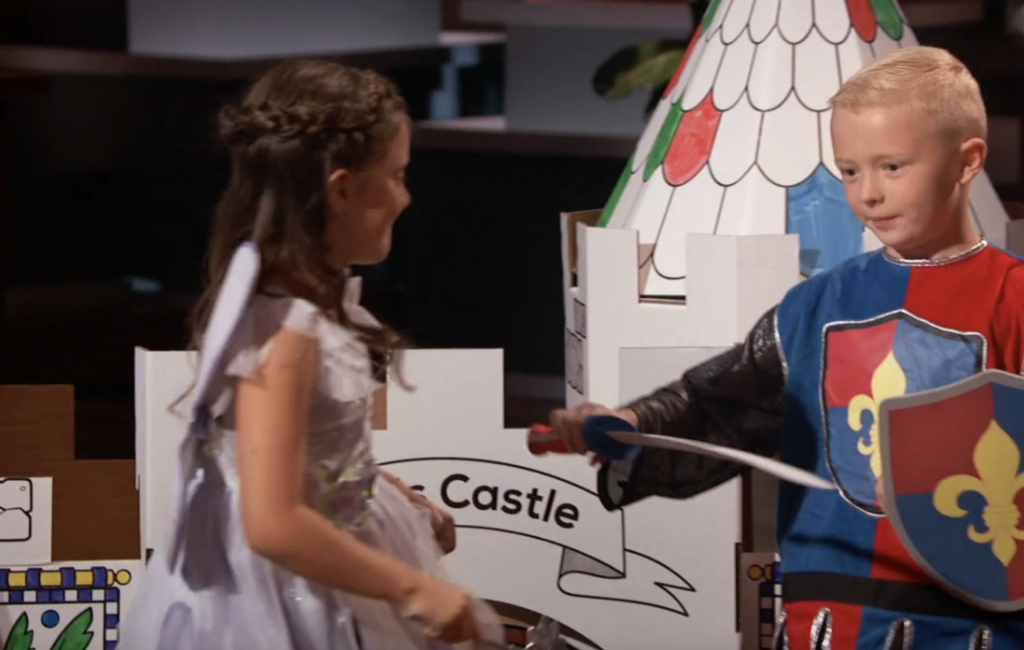
O’Leary opted out early in the negotiations, citing concerns about the lack of clarity on customer acquisition costs and the unproven nature of the business. Greiner and Cuban followed suit, with Greiner expressing doubts about the company’s prospects and Cuban questioning the direction of the business. Chris Sacca, however, saw the fun aspect of Pop Up Play but voiced concerns about the slow growth and high valuation. He made a unique offer, proposing $250,000 under the terms of the prior investors – a $3 million cap, 8% interest, and a 36-month maturity on the note. This offer was contingent on the valuation used in Pop Up Play’s previous funding round.
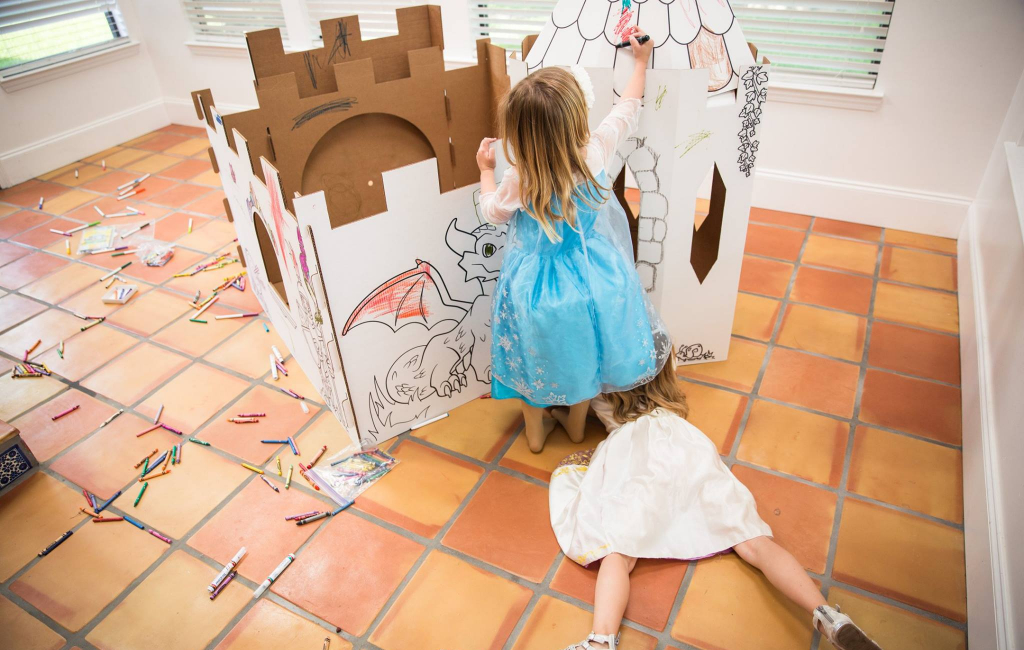
After a brief discussion, Cosgrove and Thomas accepted Sacca’s offer, expressing excitement about having him on board. Sacca’s offer, though not aligned with the initial terms sought by the founders, represented a strategic move to mitigate risk and align the investment with the company’s previous valuation. The deal concluded with congratulations and optimism for Pop Up Play’s future, marking a pivotal moment for the company as it secured a seasoned investor in Chris Sacca.






